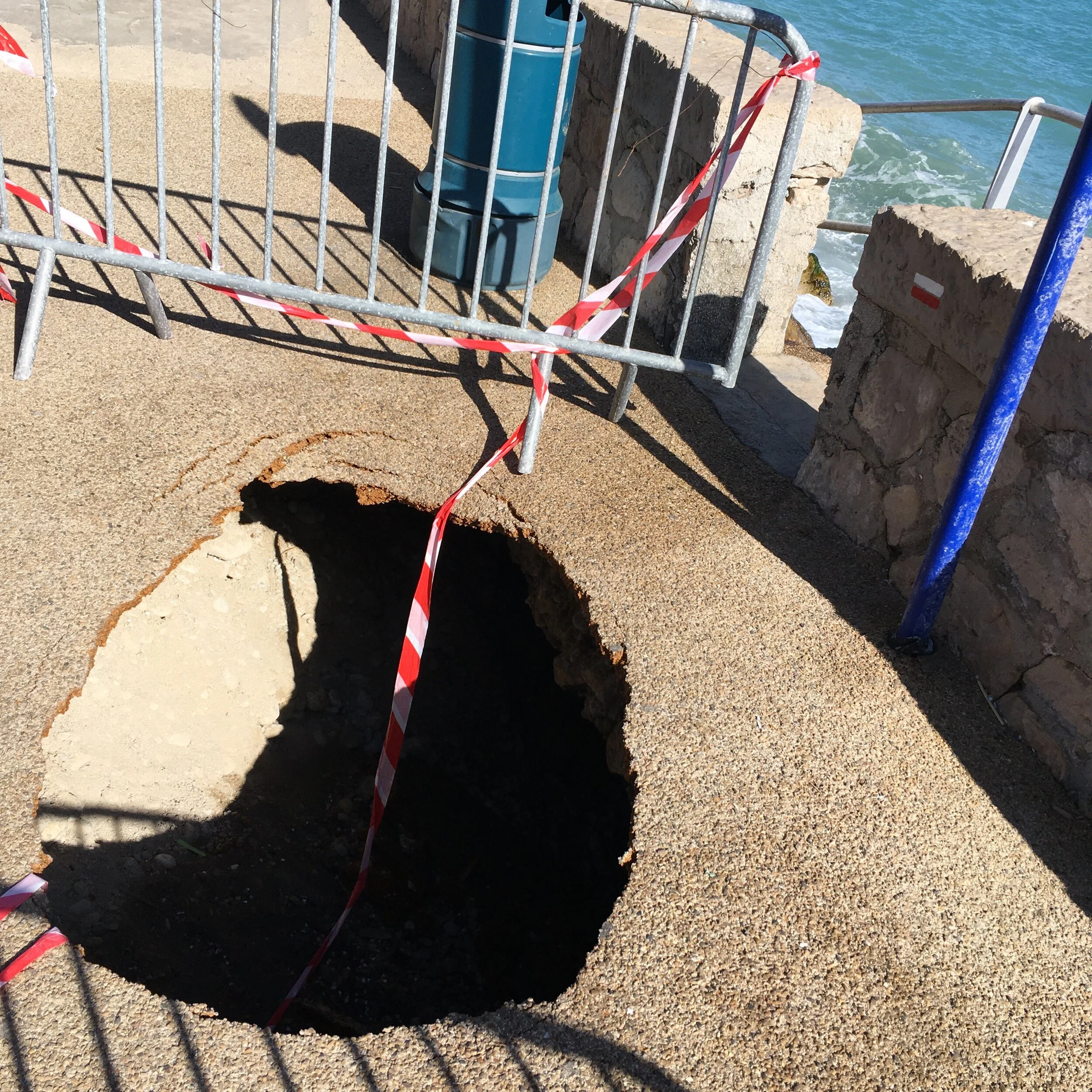Along with the intention this month to write on the blog more frequently, I’ve also been trying to listen to more podcasts. For some reason this is something I find hard to do. There’s something about the format that doesn’t quite work for me. I appreciate the immediacy, the connection of hearing other people’s voices, but sometimes podcasts are just too much.
I haven’t really spent much time exploring this resistance, mostly because it’s not something that bothers me regularly. I only feel a bit concerned about it when talking to other people about podcasts. Because I know some people who consume podcasts voraciously. And I often feel bad about my sporadic listening, when I know there is so much out there I can learn. But, you know, I’m really trying to be kind to myself about the things that feel ‘me’. And learning slowly, mostly through reading, is my preferred way of taking things in. Reading gives me time to consider new ideas, to mull things over. I can easily mark pages to return to later, or underline key parts, which is not so easy to do with podcasts (and this is also the challenge of ebooks that I’m finding). If anything I see podcasts as a way to access new ideas and information which I’ll then follow up with reading. Which is why I enjoy podcasts that interview authors or creators, people whose work I can dive into through different media.
At the weekend, while cleaning the bathroom, I listened to one of my favourite podcasts – Hurry Slowly – where the host Jocelyn K Glei was interviewing meditation teacher Sebene Selassie about The Delusion of Separation. It felt timely as I’ve been pondering for myself about connection and belonging, the deep need I have for those things, but the feelings I have of needing separateness, of being slightly apart. Early in the discussion they talked about ideas from Selassie’s book ‘You Belong’. There is no separation between us as humans, but we believe there is. We believe the ‘delusion of separation’ because “we don’t have a perceptual understanding – our ordinary senses can’t tell us about that interconnection. But we know on a fundamental level it’s true. The challenge is reckoning that with the fact that we have tonnes of feelings of separation, and we have difference, diversity, oppression, injustice and all of the things that grow out of that delusion.”
This really resonated for me. I believe we are all connected, but I don’t necessarily experience it. The evidence I see around me for separation leads me to unconsciously view people as different, as other, and of course that leads quickly into upholding the systems of injustice and oppression in our society. I can interrogate this for myself, see where it shows up, challenge it. But, what I know I’m seeking is to perceive the interconnection. To feel it and to know it, more of the time. I catch glimpses of it when I work, when I’m engaging most fully in the world as myself, but for a lot of the time the narrative coming from the world (we are separate) dominates.
I haven’t really got much further with my thinking on this, but the podcast reminded me that this is something I wanted to spend a bit more time on, so I downloaded Selassie’s book and intend to devote some quiet time to it. It feels like a nice extension on the reading I did during the first lockdown on solitude, retreat and withdrawal from society. I’ve spent time understanding my need for separateness, for distance, but now I want to understand my need for closeness, for connection. Somewhere there is a point between the two that feels right for me; it may not be an equal balance, but there will be somewhere that the pull to be alone and the desire to be together don’t feel in opposition but feel like a collaboration.
